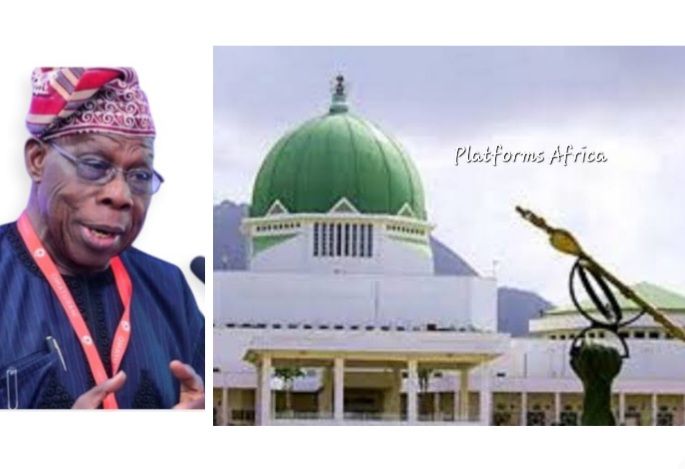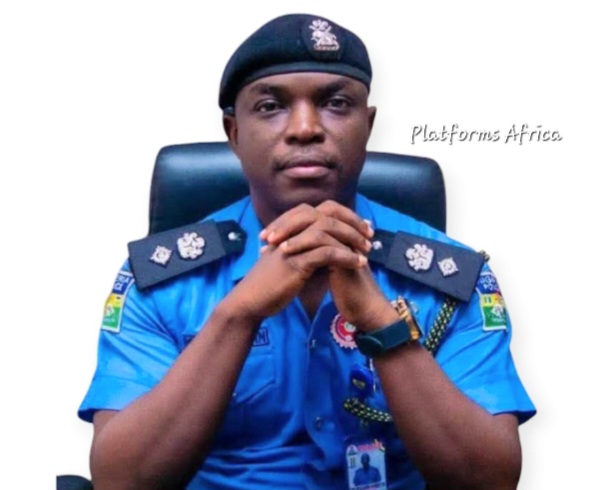Platforms Africa, a forum of intellectuals, policy moulders and opinion leaders in Africa, organised a special edition of its weekly e-Discourse where prominent Nigerians aired their views on the country’s 63rd annivarsary of its independence from Britain.
Tagged; “A GRACE OR MISTAKE: ANOTHER LOOK AT NIGERIA’S INDEPENDENCE,” the event, a WhatsAppinar, attended virtually by over two hundred resource persons across Africa, from Europe and America, featured prominent professionals including a lawyer, a medical doctor, lecturers, oil and gas analysts, among others.
e-Discourse is a weekly event organised by Platforms Africa, a forum created by award-winning African journalist, Adeola Yusuf.
READ ALSO: CBN ‘Den of Malfeasance,’ Tinubu Lampoons Apex Bank in National Broadcast
N25K Increment In Salary, Others; Key Points In Tinubu’s Oct 1 Speech
10 Reasons to Invest in Nigerian Urban Properties, By Dennis Isong
Meet Olatunbosun Amao, Nigerian Who Developed AI-Powered Writing App
Wheel Barrow Pusher Now A Professor; inspiring story of Nicholas Asogwa PhD
Here, below, is the question and asnwer session of the event moderated by an Accra, Ghana-based veteran journalist, Mr. Francis Kokutse.
Starting with a remark on the Nigeria’s journey so far, Kokutse said; “Looking back at the historical events, Nigeria’s independence should have come earlier than October 1, 1960. Unfortunately, unnecessary bickering delayed it. The question that comes to mind is, was it “A GRACE OR MISTAKE”. Today’s E-DISCOURSE will take a participatory approach look at Nigeria’s 63rd Independence anniversary. We would however set the ball rolling with Barrister Lekan Oladapo, Dr. Omotuyi Mebwondu, Ma’am Stella Ahunanya, PhD, and Ma’am Oluwatoyin Salami, PhD, to give us their opening remarks.
“This is for the opening remarks. Was the October 1, 1960 Independence from British rule a mistake?”
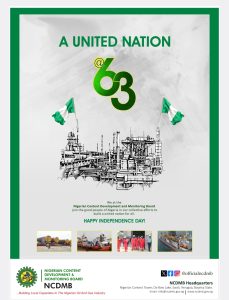
Responding, Barrister Oladapo said; “I can only recall that we were used to hear that Nigeria got a flag independence. The truism of this saying can be seen by the discerning minds. It is truly a flag of independence.
Corroborating Oladapo’s view. Dr. Mebawondu said; “In my personal reflection, we seek freedom or independence in various areas of human and societal endeavors, maybe rightly so!
“But the key issues to interrogate. What truly constitute independence? and secondly, now that I have freedom, that I am independent, what do I do with it?
With hind sight, Nigeria desired self-rule, rightly so..but many aspects of the self-rule we could not manage. Management of Independence is even more desirable than the Independence. This applies to many African countries.
“Okay, we have read alot about pre-independence but it depends on the certain indicators to really assess which one is better.
“If we are to assess Nigeria from the perspective of economy, infrastructure, civil society and governance, it sounds plausible that the former is better than the latter.”
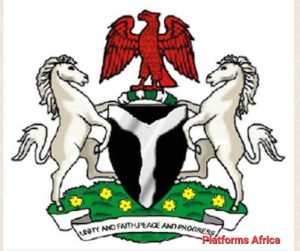
On the question on whether Nigerians are better off now than the period before independence and soon after or not, Mebawondu said; “The dynamics are different. Nigeria has gone ahead to keep the country together, sustain democracy, become the biggest economy in Africa, manage insurgency and challenging societal strive.
Allotting weights to these means we’ve come far. We have gains in Education, Entertainment, Foreign Affairs, Building new cities and some infrastructures etc ..Obviously we can do better.”
Nigeria Not ready For independence
Kokutse, a Ghanaian journalist said; “From my point of view, Nigeria like other African countries was not ready for independence. We didn’t have the people to take charge of our institutions. So, there was a lot of trial and error. I may be wrong though.”
Oladapo, in a contrary view, added; “The country had never acted as one from the colonial period to the present. To my mind, this could have been addressed if not for the military distruption that came in the guise of revolution.”
Mebawondu also said; ” Derailed vision from botched first Republic which gave military an excuse to intervene. From there, regionalism was abandoned, unitarism was introduced through military.
The scramble for resources worsened the federation.
“The Nigerian democratic evolution that could have helped our diversity was nipped in the bud by the military adventurists.
“Nigerians agitated for independence, though, the agitation was sharply divided in a way. The border line that we did not really work out the independence as Nigerians. We walked into the independence as divided nation.”
Asked that at what point did the country get it wrong? And, why some Nigerians still express belief in military rule, Oladapo said; “I think the larger percentage of the youths, with all modesty, find it difficult to appreciate the autocracy or authoritariasm of the military than what we address as democracy here.
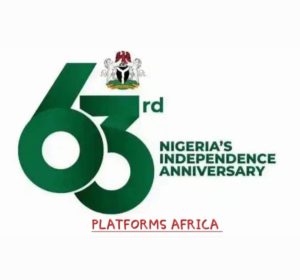
“It is like making comparism of six and half dozen. To my mind, apology to Ben Nwabueze, the worst democracy is better than authoritarian rule.
On the Japa Syndrome
Kokutse asked the panelists: The “Japa” syndrome has been seen by some as a way the younger generation are using to show that, Nigerian would have preferred to be is still under military rule? How true is this?
Mebawondu said; “I doubt if any Nigerian prefers military rule. When you experience repeated disappointment from civilian rule, you seek ways to either improve or reform it. The perceived clamour for military rule is just a reflection of such disillusionment.
On Japa, he said, “from time immemorial, humans migrate to places that are more secured, support their vision and provide abundance of food. Japa Syndrome is not so different.
“We all seek for opportunities. Create opportunities in Nigeria, you will see that people will start ja-pada (reversion of japa)”
Hope for A better Nigeria
Asked whether there is any hope for a better Nigeria going forward, all the panelists chorused “yes”
Mebawondu said; “Yes, but only if we make concerted efforts to achieve such. A better Nigeria won’t just materialize!
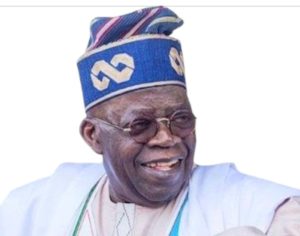
“Honestly, we don’t have any excuse. Let’s reduce our greed, obey our laws, reward good acts and punish criminality..
Good Governance and citizens participation are key. North and South Korea are living experiment and comparison of free society and good governance vs dictatorial and opaque system.”
This edition of e-Discourse, a weekly event organised by Platforms Africa, a forum created by award-winning African journalist, Adeola Yusuf, is moderated by Accra, Ghana-based veteran journalist, Francis KOKUTSE



